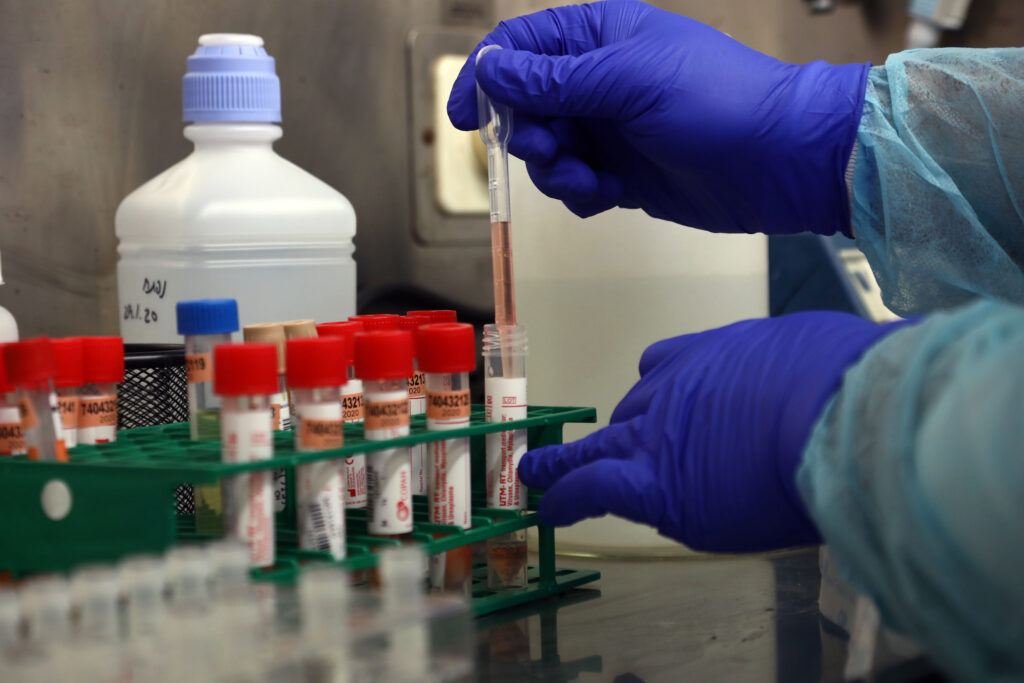Among the participants of the prom trip from Dolenjska region, who returned from the Spanish resort of Lloret de Mar on July 3rd, 101 new coronavirus infections were confirmed by Saturday. Preliminary results suggest that it could be a delta version, the NIJZ explained. Among the participants from the Gorenjska region, in the trip, 20 infections have been confirmed so far.
The epidemiological service of the National Institute of Public Health (NIJZ) has identified 409 high-risk contacts caused by participants in a prom trip from Dolenjska region. Home quarantine has been proposed for these high-risk contacts.
At the same time, the NIJZ states that in defining high-risk contact, they took into account the exceptions of those who got over covid and those vaccinated, for whom they did not propose quarantine at home.
Until Thursday, the NIJZ Epidemiological Service conducted an epidemiological inquiry into all participants in this graduation trip, which means that the Epidemiological Service called all participants, talked to them and gave them further instructions. Otherwise, the epidemiological investigation of participants with a confirmed infection and their contacts is ongoing, that is, when the infection is confirmed.
“Preliminary results of the analysis of the samples show that it could be a delta version of the new coronavirus. There are no final results yet,” they added.
Among the participants of the graduation trip from Gorenjska region, who were also on holiday in the resort of Lloret de Mar, but returned on Thursday, July 8th, 20 infections with the new coronavirus were confirmed by Saturday.
The NIJZ Epidemiological Service has identified 248 high-risk contacts caused by participants in this graduation trip. For high-risk contacts, home quarantine was suggested.
Also among this group of high school graduates, the epidemiological service conducted an epidemiological inquiry the day after their return, when the first infection was confirmed, so epidemiologists called them, talked to them and gave them instructions.
According to unofficial information from the STA, some students who took part in the graduation trip went on holiday, despite being high-risk contacts, reports STA.
In Slovenia, there are two ways of ordering quarantine, namely NIJZ epidemiologists suggest ordering quarantine for defined high-risk contacts with a person in whom the infection has been confirmed. The other is quarantine, which is the responsibility of the border police and orders it for those individuals who come from countries with a poor epidemiological picture.


